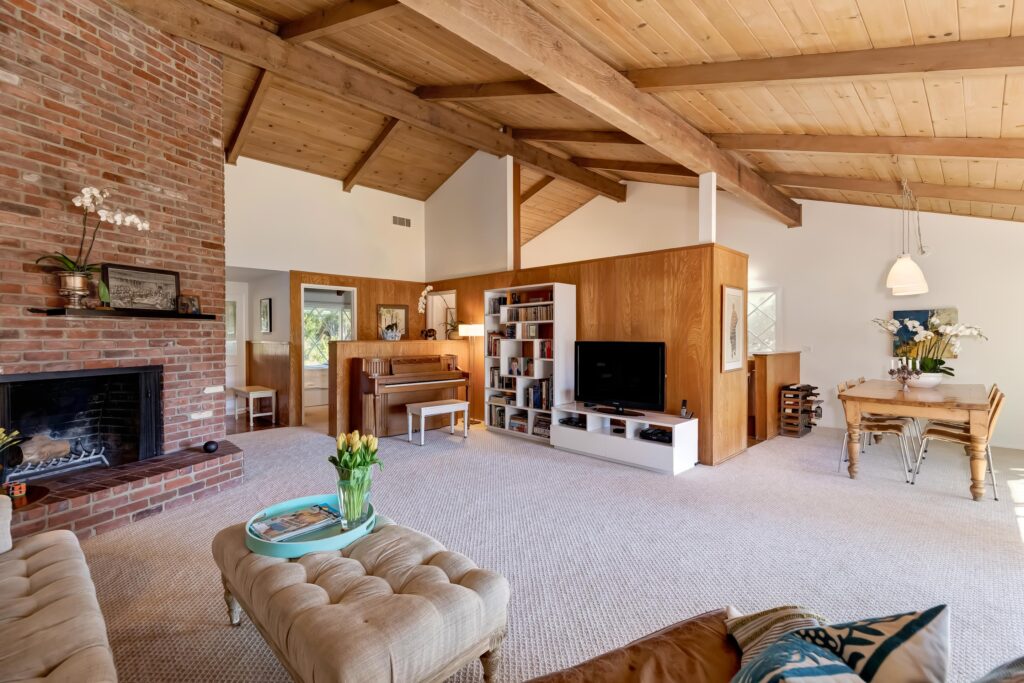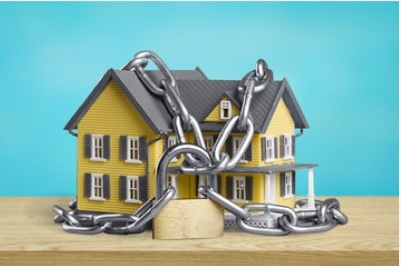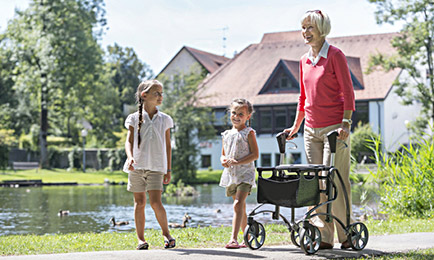
Reverse Mortgages: Pros, Cons, and Alternatives
Reverse mortgages offer homeowners aged 62 and older a way to access their home equity, providing financial relief without having to leave their property. While these Home Equity Conversion Mortgages (HECM) can eliminate monthly mortgage payments, consolidate debt, fund home improvements, and supplement retirement income, they come with high costs, foreclosure risks, and potential impacts on government benefits.





